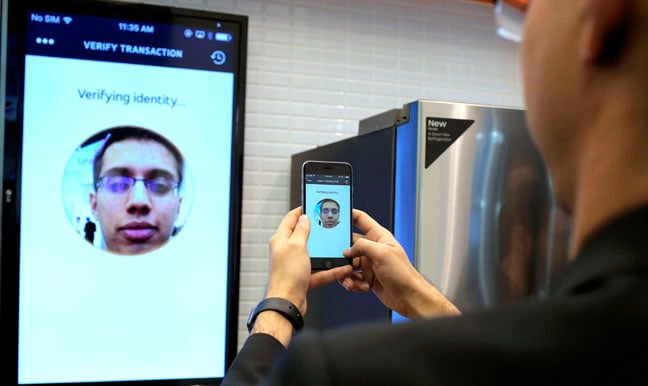
September 30, 2024 at 08:52AM
A recent study by the US General Services Administration found that remote identity verification (RiDV) technologies from five vendors, including TransUnion, Socure, Jumio, LexisNexis, Incode, and Red Violet, display significant unreliability, inconsistency, and bias across demographic groups. The study highlighted the disparate performance of these technologies, emphasizing the need for a more equitable and reliable approach to identity verification.
Based on the meeting notes, the study by the US General Services Administration (GSA) revealed concerning findings about the reliability and equity of remote identity verification (RiDV) technologies. The study emphasized the inconsistency and bias across demographic groups of five RiDV products, with some showing notably higher error rates and false rejections for certain demographics.
It’s worth noting that the GSA expressed trepidation about using RidV technologies due to fears of inequity, and despite the adoption of RidV in October, concerns about the reliability and equity of these technologies persist.
One of the key takeaways is the need for a multi-layered approach to remote identity verification that goes beyond solely relying on visual identification, as proposed by LexisNexis. The study underscores the importance of evaluating products across different demographic groups and using a variety of data points to verify an individual’s identity effectively.
The GSA plans to release the final peer-reviewed version of the study in 2025, which will include further analysis into the causes of false negatives and inconclusive results, as well as product performance at each step of the identity verification process. This will be crucial in helping GSA and other federal agencies advance equity in new technologies and deliver services more effectively for the public.